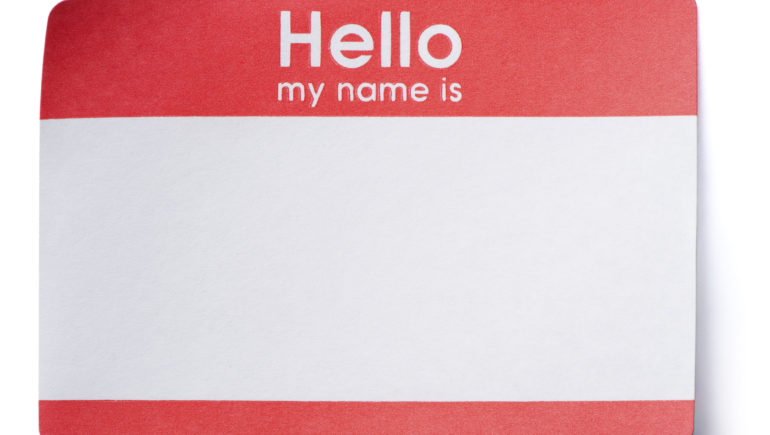One night when I was in high school my youth pastor handed each student in our youth group a little sheet of neon-colored paper. On it was a list—a list he hoped would encourage the junior high and high school kids he cared so deeply about. I’ve seen similar lists countless times since, but that night was the first. It read something like this:
I AM…
Beloved…Jeremiah 31:3
A Child of God…1 John 3:1
Delighted In…Zephaniah 3:17
Forgiven…1 Peter 2:24
Washed Clean…Isaiah 1:18
Free…Galatians 5:1
Adopted Into God’s Family…Romans 8:15
Set Apart…1 Peter 2:9
A Masterpiece…Ephesians 2:10
Wonderfully Made…Psalm 139:14
Holding a Secured Future…Jeremiah 29:11
A Temple of The Holy Spirit…1 Corinthians 6:19
New…2 Corinthians 5:17
Whole in Christ…Colossians 2:10
The 80’s weren’t a whole lot different than today….my youth pastor’s youth group wasn’t a whole lot different than ours are today. It was filled with teenagers trying to find their place in the world, asking themselves the timeless question, “Who am I?” Did we know we were asking ourselves that question? Probably no more than your students do. Perhaps teenagers AREN’T asking the question…but they are certainly answering it; some of them multiple times a day.
“I’m not tall enough.”
“I’m not smart enough.”
“I’m not attractive enough.”
“I’m not popular enough.”
“I’m not athletic enough.”
“I’m not _______ enough”
Here’s something interesting about my high school youth pastor: I don’t remember him ever trying to talk me out of some of the things I felt about myself. He NEVER said, “Kurt, you ARE tall enough,” because I think he was smart enough to realize that I was in fact, quite short, and trying to pretend it away would seem simplistic and naive. Instead, he would constantly remind me and everybody in our youth group to quit focusing on what we weren’t and instead focus on what we were.
The teenagers in your youth group aren’t a lot of things. They know it. Their friends remind them of it. So do their parents, coaches, teachers, and society as a whole. As a result, they can rattle off their personal list of “I’m not _______ enough” with ease. And the reality is some of their “I’m not’s” are true.
But there is another list; one they’ve likely never thought about. I hadn’t. At least not until my youth pastor handed me that little sheet of neon-colored paper.
What can you do to help your students shift their focus from “I’m not” to “I am”?
Hint: Neon-colored paper.
-KJ

